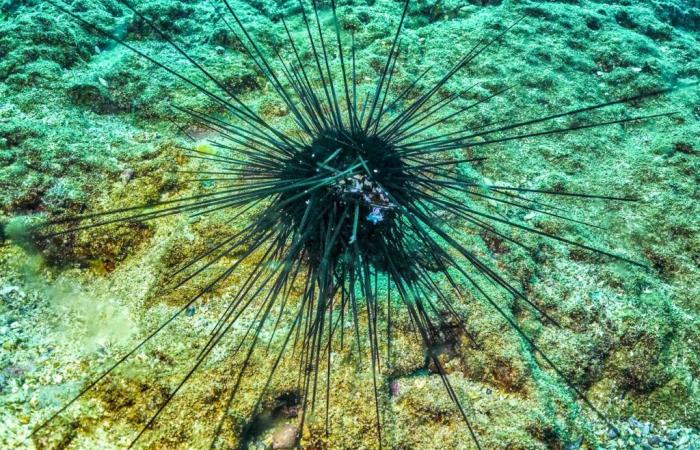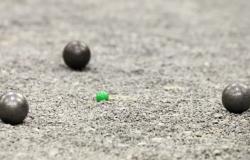Scientists from Stella Mare (Sustainable TEchnologies for LittoraL Aquaculture and MARine REsearch), certified by the CNRS since 2011, have managed to control the reproduction of vulnerable species such as the flat oyster, the European lobster, the purple sea urchin, the denti , the corb, the red lobster, the giant limpet and the large Mediterranean spider. They are thus able to carry out ecological restoration by re-establishing these species in the natural environment, using juveniles raised in their laboratory.
“The emblematic species on which the Maltese teams want to work is the sea urchin since they have stocks which have declined very sharply and they have even had to completely close sea urchin fishing,” Pierre told AFP. -Mathieu Nicolai, director of Stella Mare, which depends on the University of Corsica.
“We have the capacity to export our know-how by sending our teams to Malta to help them in the reproduction of local sea urchins in order to replenish the stocks of this vulnerable species, included on the red list of threatened species of the International Union for Conservation of Nature (IUCN), he added. This convention is Stella Mare’s first international collaboration.
“We already have a project on sea urchins but Stella Mare is at a much more advanced stage, so it will probably be our first joint project,” Jurgen Mifsud, one of the heads of research and development, confirmed to AFP. from the Malta Aquatic Resources Agency.
The convention constitutes a “common commitment to the development of sustainable practices in fisheries and aquaculture” of the two islands, underlined for his part the CEO of the Maltese agency, Francis Fabri, wishing to “protect the marine ecosystem and support innovation”.
France






